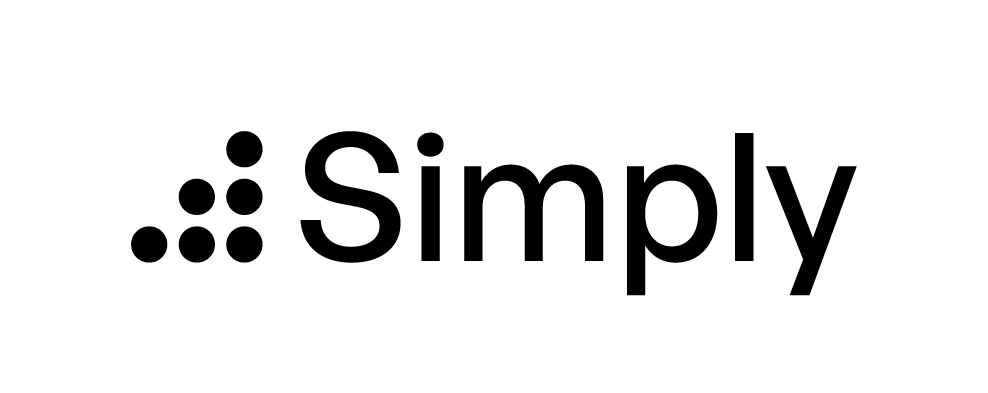Simply Skills Chat: SWP, Tasks, AI, Skills and HR
“If a company is serious about their business strategy, they have to have a coherent workforce and talent strategy. They need skills and workforce intelligence”
Sounds logical, right?
Sadly, many organisations have lacked the right data, relied on short-term fixes and failed to align business goals with workforce capabilities. It’s been too hard to keep this up-to-date and engage stakeholders with the specificity they needed. Betsy Summers at Forrester recently shared a thought-provoking post holding the mirror up to HR on behalf of business stakeholders demanding help with ‘skills’ (link). In this context, Gareth and I explore how HR can take advantage of the latest data, toolset and mindsets to advance the field and drive business value.
Listen along as we go on a journey through strategic workforce planning, task intelligence, artificial intelligence, skills and how HR can make any sense of all the above.
Here’s a few highlights:
“We're moving into a nirvana period of workforce planning because we're seeing companies adopt a strategy of bringing their people with skills lens and starting to look at their work from a task and therefore skills lens.”
“Workforce planning had to die so that we could get to workforce planning nirvana”
“We have a once in a generation opportunity as HR professionals to completely reimagine how HR is done.”
“HR has an opportunity to fundamentally unlock top and bottom-line business performance.”
Don’t assume you need to be a skills-based organisation
Not every company needs to become a ‘full blown’ skills-based organisation. Gareth is sick of HR leaders being bombarded with this idea by the market at large. The reality? Many are pursuing this without a clear business case and end up stuck in analysis paralysis and unnecessary complexity. The companies making progress are ruthlessly focused on the small percentage of business-critical skills that actually drive results. It’s good old 80/20.
The concept sounds great: flexible career pathways, democratised talent mobility, and a workforce built around capabilities instead of job titles.
But in practice? Companies often hit a wall:
🚫 Lack of prioritisation – Mapping every skill creates overwhelming complexity.
🚫 Disconnected from business needs – HR pitches skills strategies without linking them to revenue or growth.
🚫 No clear ROI – Leadership won’t invest in a transformation unless it directly impacts business performance.
The result? HR struggles to gain traction and business leaders tune out.
The smarter approach: Prioritise business-critical skills
We talked about not boiling the ocean. We see leaders focus on:
✅ Lead with the problem, not the HR solution – Ask business leaders: What’s keeping you up at night? Instead of pushing a skills strategy, frame it as a solution to their challenges.
✅ Skills closest to the P&L – Not every skill matters. Prioritise those that impact revenue, customer success, or innovation. How? Critical capabilities can help. See our article here: Why Capabilities matter?
✅ Speak in business terms – Drop HR jargon. Focus on metrics that matter to the C-suite—productivity, performance, revenue impact.
✅ Prioritise business-critical skills – Not every skill moves the needle. Identify the 10-15% of skills that drive competitive advantage.
✅ Data-informed approach – Use data and AI tools to pinpoint skill gaps instead of relying on outdated competency models or rigid job architectures.
Closing the gap between HR and Business Leaders
Skills Enthusiats came together at the Shard in London to debate business value from skills.
The problem is that this prioritisation is difficult if you’re distant from the business. HR leaders and business leaders often feel disconnected. HR talks about engagement, retention, and career pathways. The business talks about productivity, performance, and revenue.
Having explored this topic with our ‘Skills Enthusiast’ peer networking group, their view was that HR needs more ‘consulting’ capability at all levels: leading HR pros don’t just understand people, they make sure they understand the business. For skills, this means being able to use data and insight to challenge the business to explain their requirements and stretch their thinking beyond the obvious.
The way HR talks about skills must change. Gareth offers some advice for HR teams engaging leaders, and the massive opportunity available to move the profession into a new, more impactful space. It starts with focussing on the biggest problems.
Want to join our Skills Enthusiast group? Email john@simplygetresults.com
How to get started?
HR’s job isn’t to turn the company into a skills-based organisation, it’s to help the business solve real problems using skills as a tool.
🚀 Stop talking HR, start talking business – Frame workforce challenges in terms of productivity, performance, and revenue.
📊 Use skills data, not assumptions – Invest in skills intelligence to make smarter workforce decisions.
🤝 Align with the C-suite – Workforce planning isn’t just HR’s job. Get buy-in from business leaders by focusing on business critical skills.
It’s all about ensuring your organisation has the right skills to execute its strategy.
Ready to dive deeper? Download our whitepaper, The truth about skills-based organisations, and discover how Finastra transformed their workforce with purpose and precision. Click the image on the right.
Learn more about the fab people at TQSolutions here: https://www.tqsolutions.com


